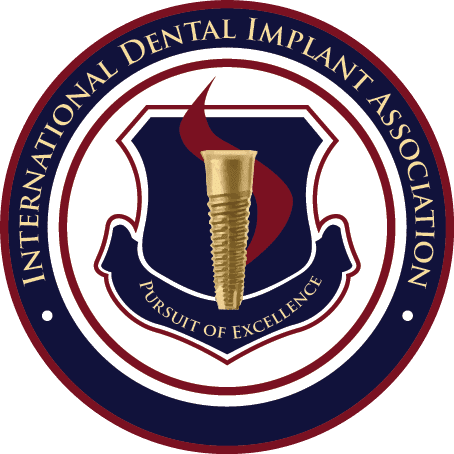What is prosthodontics?
Prosthodontics is a dental specialty recognized by the American Dental Association that deals with cosmetic dentistry, dental implants, crowns, bridges, dentures, and temporomandibular joint disorders.
Why choose a prosthodontist?
Choose a prosthodontist because of their extensive experience, advanced knowledge, improved efficiency, and their use of advanced technology.
Prosthodontists are dental specialists in the restoration and replacement of teeth who have completed dental school plus three additional years of advanced training and education in an ADA-accredited prosthodontic graduate program.
Prosthodontists provide an extremely high level of care to patients with missing teeth, or having significant damage to their existing teeth. Prosthodontists work with congenital defects as well as problems arising from trauma and neglect. Prosthodontists are highly trained in state-of-the-art techniques and procedures for treating many diverse and complex dental conditions and restoring optimum function and esthetics. These include: crowns, bridges, complete and removable partial dentures, dental implants, TMD-jaw joint problems, traumatic injuries to the mouth’s structure and/or teeth, snoring or sleep disorders, and oral cancer reconstruction and continuing care.
Is a prosthodontist different from a “cosmetic dentist”?
The American Dental Association recognizes nine dental specialties, and the ADA does not include “cosmetic dentistry” as a specialty. Prosthodontists receive extensive training and experience in dental esthetics and cosmetics during their graduate programs which currently last three years. Many cosmetic dentists receive training during seminars or a series of courses, but this training is usually limited to weekend or possibly weeklong courses.
More Questions? See our FAQ




